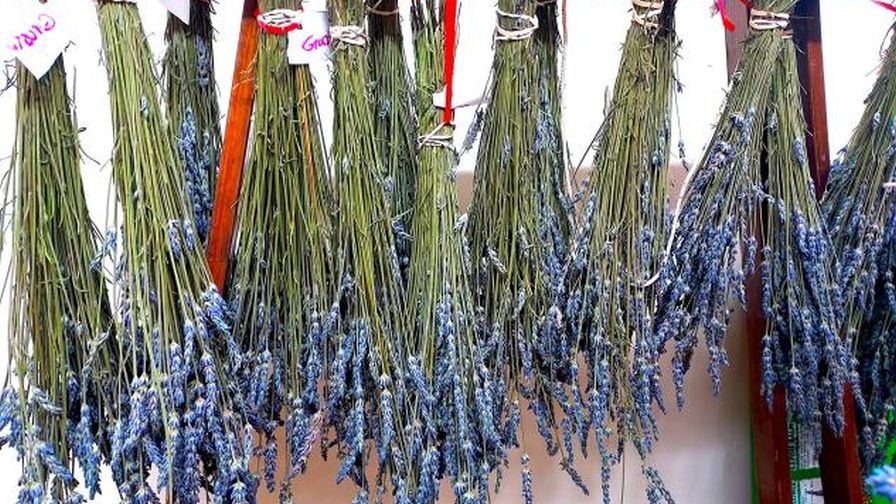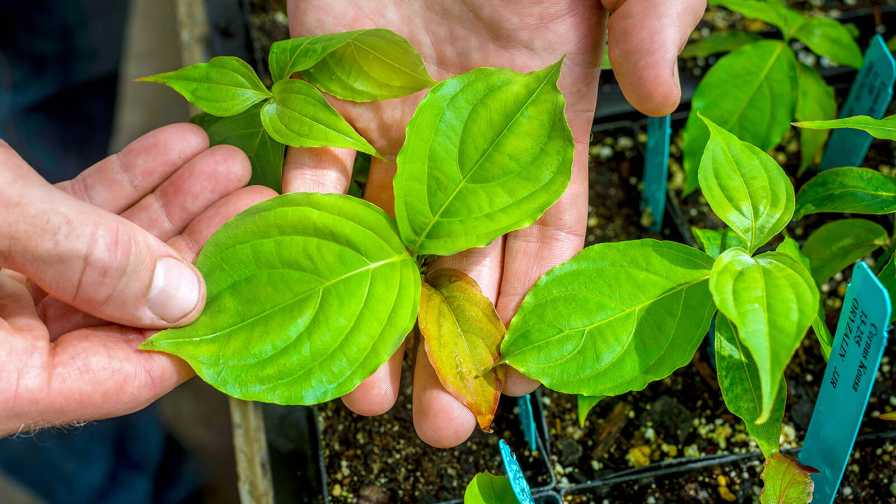Eco Ratings Are Coming
As we went to press, growers who serve Walmart had just received a questionnaire about their sustainability efforts. This survey went out to more than 100,000 of Walmart’s suppliers worldwide and is the first step in gathering data that will be used to create a sustainable product index. Walmart is asking its suppliers 15 questions about their approaches on four key issues: energy and climate, material efficiency, natural resources and people and community.
The goals are to be able to truly compare suppliers on their sustainability performance and to create a real sustainability index consumers can use to compare products and inform their purchasing decisions. It’s expected to be an informational tool, like nutrition labeling on food.
Walmart rolled out the initiative July 16 at a meeting with 1,500 suppliers, associates and sustainability leaders. “Customers want products that are more efficient, that last longer and perform better,” said Mike Duke, Walmart’s president and CEO. “And increasingly they want information about the entire lifecycle of a product, so they can feel good about buying it. They want to know the materials in the product are safe, that it was made well and that it was produced in a responsible way.
“We do not see this as a trend that will fade. Higher customer expectations are a permanent part of the future. At Walmart, we are working to make sustainability sustainable, so that it’s a priority in good times and in tough times. An important part of that is developing the tools to help enable sustainable consumption.”
Walmart expects the process to take five years. The second step will be creating a consortium of universities that will collaborate with suppliers, retailers, government and nongovernmental organizations to develop a global database of information on the lifecycle of products from raw materials to disposal. While Walmart will provide the initial funding for this consortium, it does not intend to create or own this index. The goal is for the index to be adopted universally, which could impact growers who sell to other large retailers, too. Where Walmart leads, the world follows. No other entity can wield this kind of power in the private sector and no government can trump it in the public sector.
I believe our industry will perform much better than others in the sustainability rating system. It could be an opportunity to demonstrate how green the green industry truly is. Many of the growers who supply Walmart have the most modern greenhouse production facilities and are on the cutting edge of conserving energy and recapturing water.
Transportation could be an issue, providing more incentives for local production. We could also see more plastic recycling programs for pots and tags and opportunities for our industry to receive credit for manufacturing those supplies from recycled consumer goods. Alternatives to plastic pots could get a big boost, especially if they are manufactured in the United States. Sustainability ratings could provide incentives for more growers to use softer chemicals and adopt organic practices. We could even see more wellness programs for employees.
What will be interesting to see is if third-party certification organizations will have a role or if Walmart will become the certifier. In our industry, certifiers include Veriflora and MPS (Milieu Project Sierteelt), which was established in Holland 15 years ago. Will the deliberations of the group assembled by Leonardo Academy to establish national sustainable standards for agriculture be relevant or completely trumped by a more efficient Walmart approach?
Growers and their suppliers who gain experience with these certification programs should have an edge in documenting and communicating what they are doing and will become the favored vendors. In general, those who have invested in environmentally responsible practices should be rewarded.









